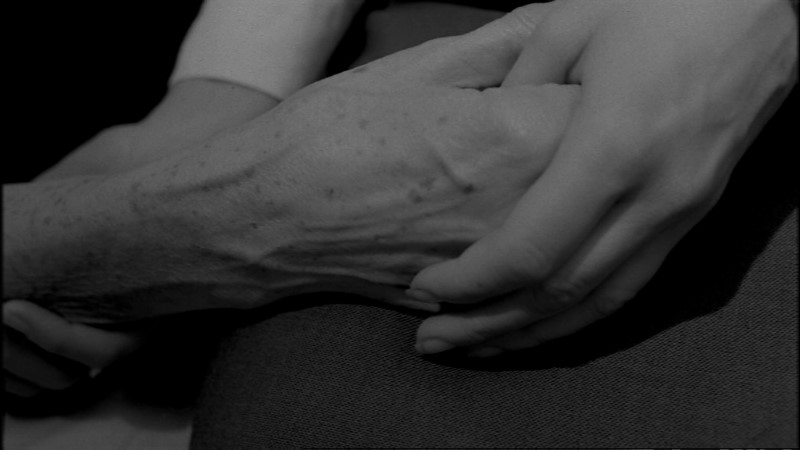
'Ενα άρθρο του Derek Malcolm στην Guardian για την "Αγάπη"
"It's dangerous," the great Polish director Andrzej Wajda once said, "but there are ways to get round political censorship. There are no ways to get round the censorship of money that you have in the west, which is much stronger."
Karoly Makk's Love did so with particular success. Makk had to wait five years before he could make Love, one of the most moving commentaries on life under political tyranny that I have ever seen.
The tyrant concerned was Rakosi, one of the last of the Russian puppets who ruled Hungary with a rod of iron and made political opponents disappear. One such prisoner is Janos, in jail on a trumped-up charge. His wife and sick mother await his return home.
His wife, in order to sustain the old lady, tells her that Janos is pursuing a career as a Hollywood director. She herself has lost her job because of her political beliefs. We never quite know whether the old lady believes her or not, or whether her tales of a glamorous childhood in Vienna are fantasy.
Finally, Janos is freed, and he travels home almost in dread of what he might find there.
Makk's haunting, atmospheric and beautifully performed film, brilliantly shot by Janos Toth, captures exactly the fear and uncertainty of the time. It is, above all, a treatise on how such times affect fidelity, faith, illusion, love. It deals specifically with Hungary but has an absolutely universal appeal.
Lily Darvas, in the role of the mother, is superb, and rightly won golden notices. But Mari Torocsik is also totally believable as the wife, as is Ivan Darvas as the sick and greying prisoner.
The film is tough as old boots and completely unsentimental, but catches precisely what its characters face and how they feel. But it is sometimes quite difficult to bear because of the nature of the truths it tells. During the prisoner's journey home, for instance, Makk and his actor express perfectly not just the joy of freedom but the fear of finding that those he loves have forgotten or somehow freed themselves from him.
Makk did not make such an outstanding film again, though he was never anything but a capable director. Perhaps it is true sometimes that a film-maker has one classic in him and no more than one, in which everything he wishes to say is said almost perfectly and in a way it is impossible to repeat.


























